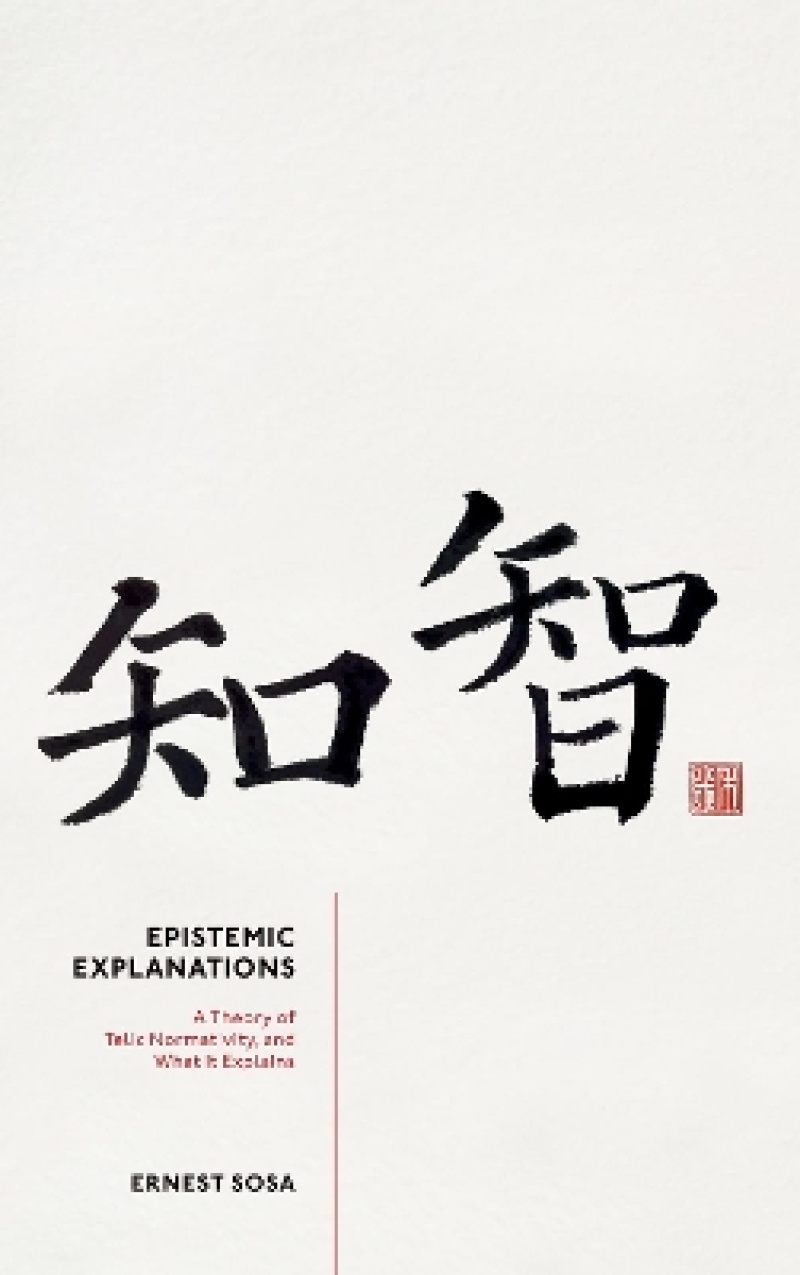Expectations created by Sosa's previous work will be extremely high, but the book does not disappoint—Sosa's discussion is masterful. The book is full of ingenious arguments and acute insights that will occupy epistemologists for years to come.... Sosa has once again succeeded in changing the terms of contemporary epistemology, while at the same time raising the bar on quality and depth of insight.
John Greco, Notre Dame Philosophical Reviews
No one has done more for analytic virtue epistemology than Ernie Sosa; indeed, one is tempted to delete 'virtue'. This is his latest development of his teleological version of the virtue-theoretic perspective. It is characteristically excellent and will no doubt be a classic contribution to epistemology. I highly recommend it.
Errol Lord, Mind
